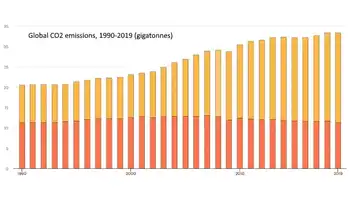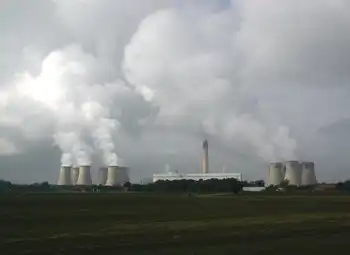Power Workers' Union urges the Ontario government to rethink its energy policy
By Canada NewsWire
Electrical Testing & Commissioning of Power Systems
Our customized live online or in‑person group training can be delivered to your staff at your location.

- Live Online
- 12 hours Instructor-led
- Group Training Available
"We agree with the government that a secure supply of affordable electricity is 'essential to Ontario's prosperity'," remarks Mr. Don MacKinnon, President of the Power Workers' Union (PWU). "This government must consider clean coal as a vital source of electricity."
Mr. MacKinnon was commenting on today's Speech from the Throne, the Ontario Liberal government's plan for this session of legislature, and a government commitment to close coal-fuelled power generation plants mostly by 2007.
Research submitted by PWU to the Ontario Power Authority shows that Ontario could save $11 billion over the next 20 years if Ontario upgrades existing coal-fuelled plants to clean coal instead of replacing them with natural gas.
"There are daily news reports about the permanent or temporary closure of plants, particularly in the pulp and paper and manufacturing industries, due to high energy costs," added Mr. MacKinnon. "Other businesses have chosen not to invest in Ontario. This doesn't need to happen. With a different approach, Ontario can continue to have affordable energy costs for citizens and commercial enterprise alike."
The Power Workers' Union believes that Ontarians require an energy supply that derives electricity from a number of sources, including clean coal, hydroelectric and nuclear, along with other economical renewable options. The PWU's recently announced better plan - (www.abetterplan.ca) - also includes a review of the province's natural gas strategy, investment in green power and the promotion of energy efficiency.
"I look forward to meeting with Ontario's new Minister of Energy to discuss a better plan for our energy future," continues Mr. MacKinnon. "The government's determination to close coal-fuelled generation plants is no longer viable in the current economic environment. We believe that clean coal must be maintained as a source of electricity."
The Power Workers' Union is the largest electricity union in Ontario, representing employees in electricity generation, transmission, distribution, regulations, and research and development.











